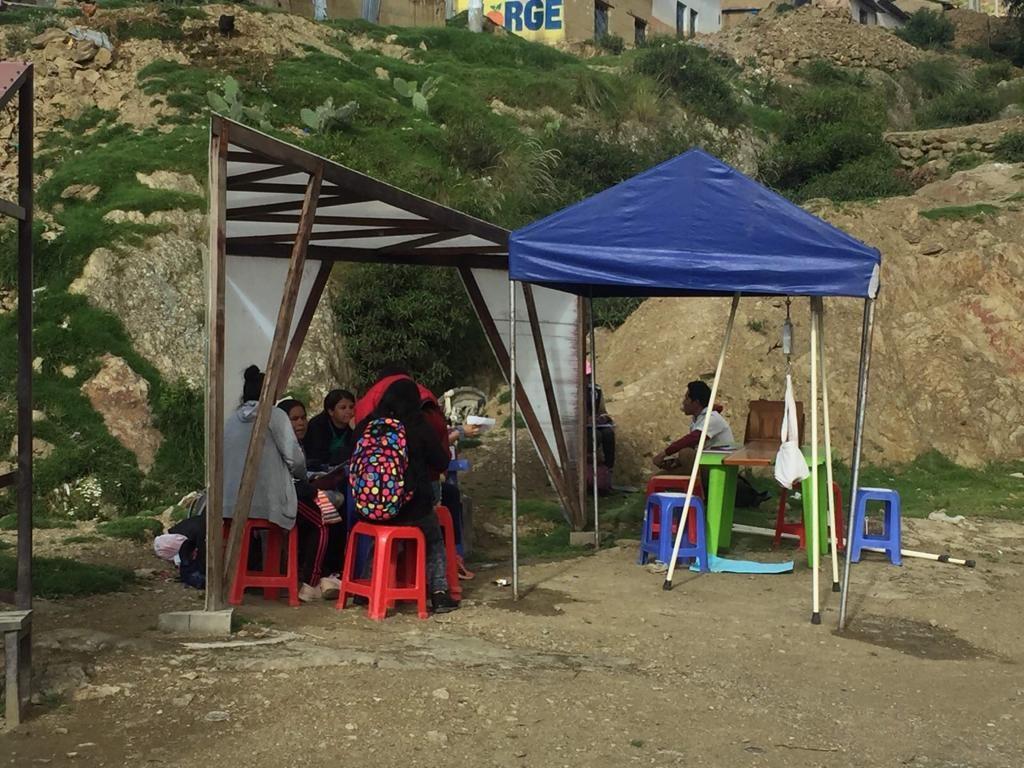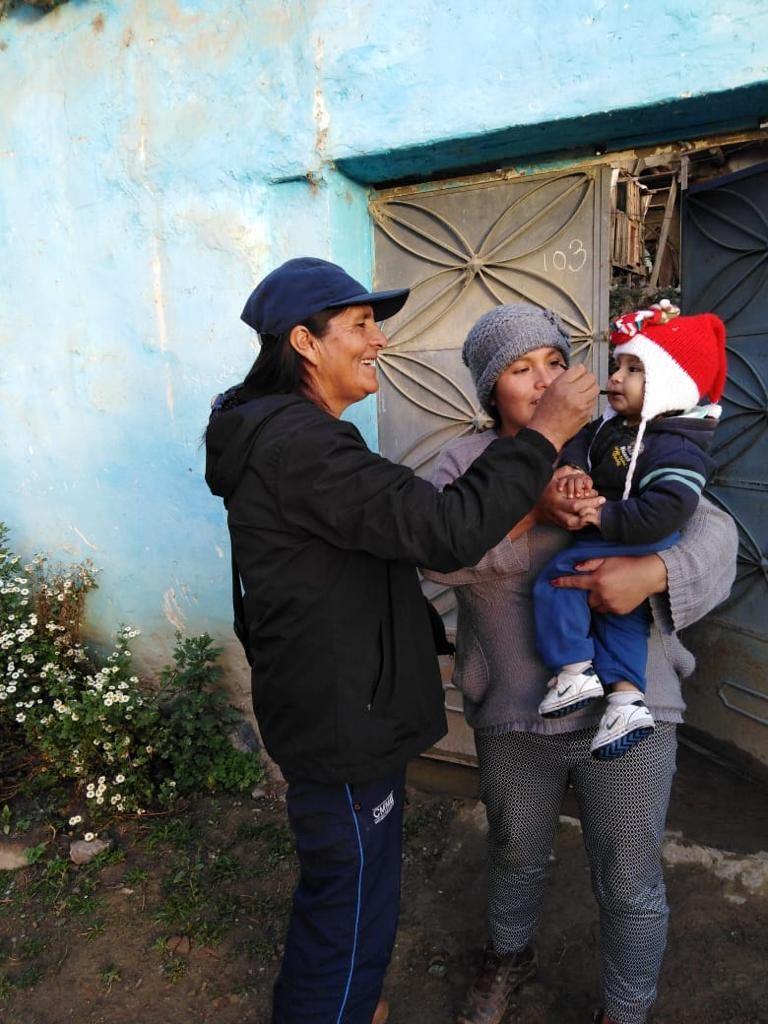Volunteer Yamilet Soto: First Impressions
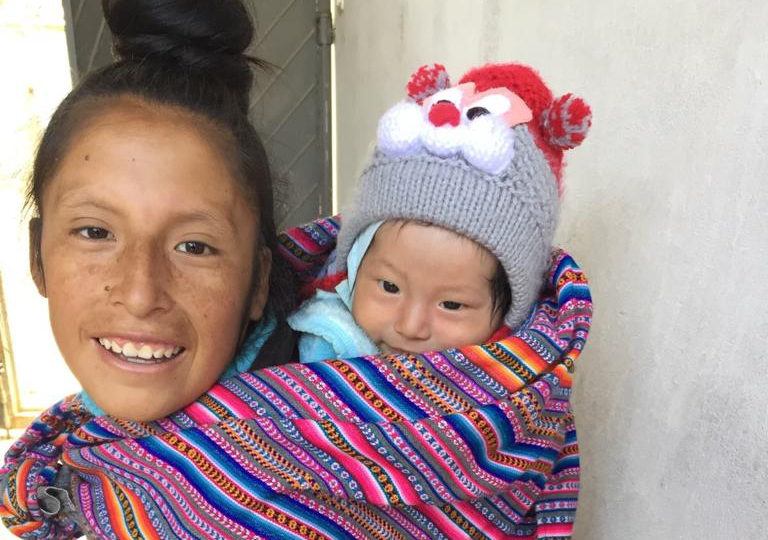
Yamilet Soto is one of our international volunteers. After settling into her new home and new role, Yamilet shares her first impressions.
Arriving in Huancayo
I arrived to Huancayo, Peru on Saturday, March 2nd after a seven hour night bus journey from Lima. On arrival to the bus station I was greeted by Jolynn, a fellow CMMB volunteer who would be my roommate and Naty who we teasingly call our adoptive mom. Lucky for me, the bus station was only a five minute walk from the apartment I now call home.
First impressions…
My first impressions: Brick buildings, partial dirt roads, mothers carrying children on their backs in beautiful colorful blankets. Street vendors, honking — a lot of honking. Huancayo is a very busy city and driving can be chaotic and disorganized, though good for a small adrenaline rush.
The following Monday was my first day of work, a chance to get to know the team. I immediately felt so welcomed. It was as if I had known everyone for a while. The team in Huancayo is so caring, loving, and friendly. As volunteers, we’re welcomed as family and are looked after very well.
The week of my arrival was perfect timing as the team was in the middle of doing ‘Antropometria’ — measuring height, weight, and hemoglobin levels of children under three years old and expectant mothers.
The First 1,000 Days Program
I have joined the Los Primeros 1,000 Dias De Vida (Toward a Healthy First 1,000 Days in Peru), a program focusing on combating Anemia in children under three years of age and expectant mothers. In addition, the program works to improve health and access to healthcare, and to promote healthy habits among community members.
Individual counseling sessions are held for mothers to discuss important topics that answer the following key questions: what is anemia? and what foods are rich in iron? Counseling sessions also cover hand hygiene and exclusive lactation among many other topics.
Iron supplementation is given to treat those with anemia and prophylactically to children as a preventative measure against anemia. Nutritional workshops are held to teach mothers about iron rich foods and how to prepare them. However, the work of CMMB could not be done without the ‘Promotoras’ — volunteer health community workers.
Community Health Workers
The Promotoras are critical to the success of the First 1000 Days program. They encourage children and expectant mothers to join the program by creating trust and establishing relationships within the community. Among their many roles, Promotoras provide supplements to children two times per week, organize days to give individualized counseling sessions, and provide guidance and support to mothers. Their dedication and commitment to the children and community they serve is so admirable.
Promotoras are volunteers and do not receive or expect an income for their work. They give up time that could be spent with their families to help those around them without expectations. They are trustees and advocates for their community and women come to them for advice and guidance when their children are sick.
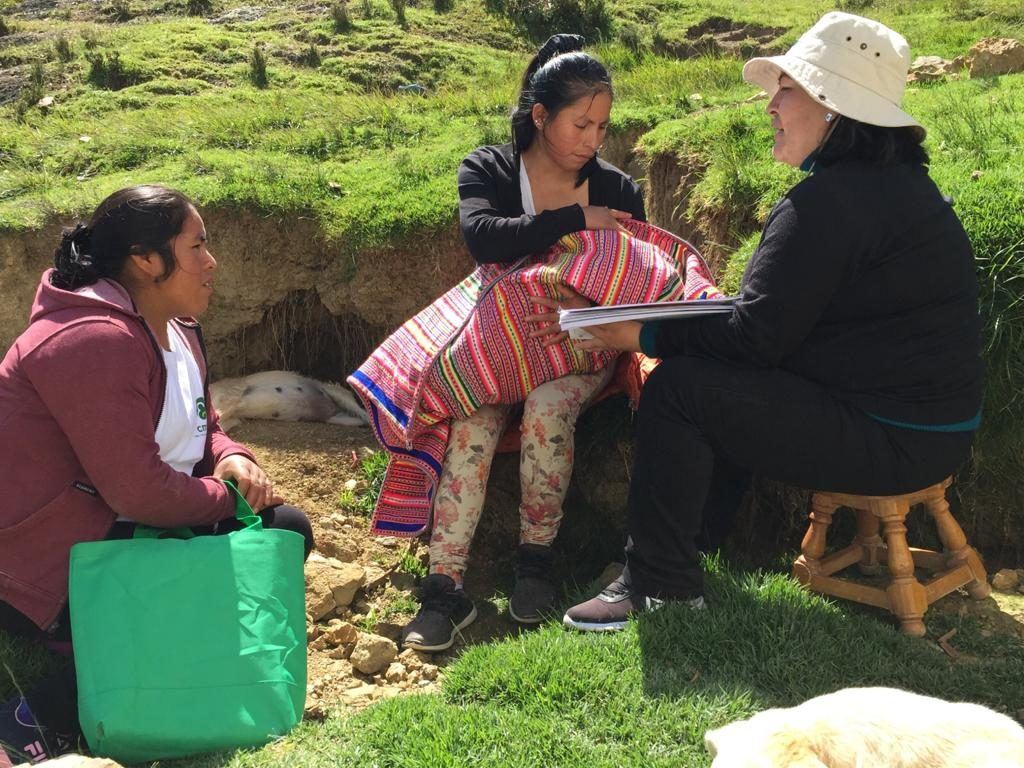
Promotora Marizol, a community health promoter, Maritza CMMB nurse, and a mother with her month-old baby receiving ‘consejeria’ (counseling) about vaccines and their importance in La Esperanza.
La Esperanza
The region I have been assigned to work in is La Esperanza. The nurse in charge of this sector is Maritza, a dedicated and compassionate nurse with a gentle and soothing voice. She can ease any worry or concern mothers may have.
Many homes in La Esperanza are built on mountain hills, lacking infrastructure and adequate access to clean water. Some families have access to water for half a day while others may only have water for two hours of the day. Some families’ access to water is limited to three times a week for short periods of time. For others, the only water accessible comes from rain water or the river — water which has likely been exposed to contamination, parasites, garbage, and animal excrement.
Water is so vital for everyday life, not only for consuming. It’s critical for washing our hands and for food preparation to prevent illnesses, for cooking, cleaning, and personal hygiene. Lack of access to water makes life extremely difficult. Many of these community members have migrated from smaller towns or, “La Selva” (the jungle) in search of opportunities and a better life in “The City.”
Huancayo is a beautiful city with a town-like feel. It is the home of kind and giving people, delicious food, life, culture, and lots of cute children! I am excited for what Huancayo is yet to teach me and to see what the rest of my time here holds, with hopes to see improvements and an impact in the lives of the families we work with.
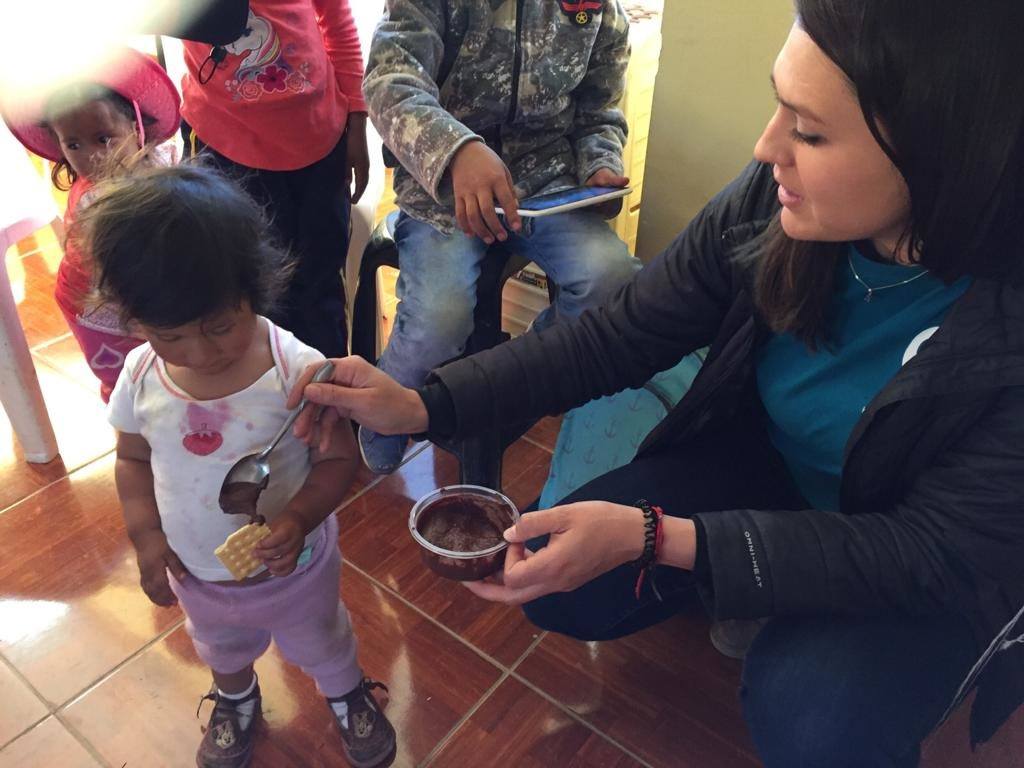
Myself trying to convince a kiddo to try the “Sangrecita” (blood) Mousse, a yummy mousse that tastes like chocolate and is super rich in iron.
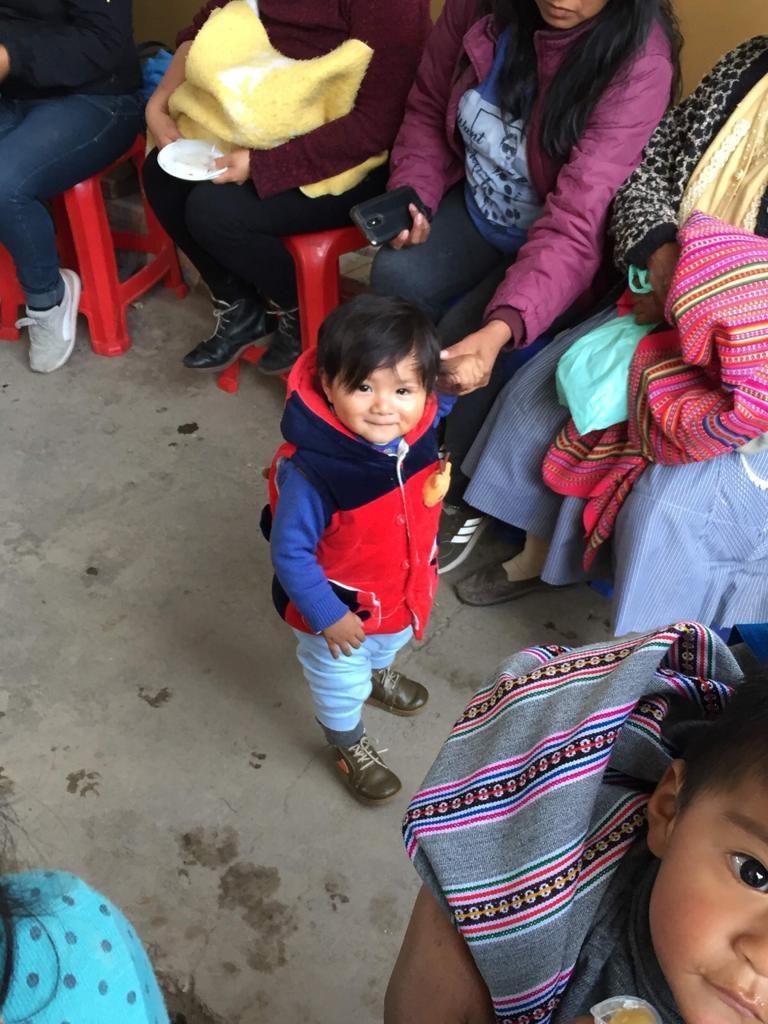
Kiddos during our Nutritional Workshop in La Esperanza. This day they tried Sangrecita Mousse, spaghetti with chicken liver, bread made with spleen (all iron rich sources) and of course their citrus beverage to help absorb it all!
Want to read more impressions from the field? Click here to read more stories about our volunteers and their impressions over the first weeks of service!
